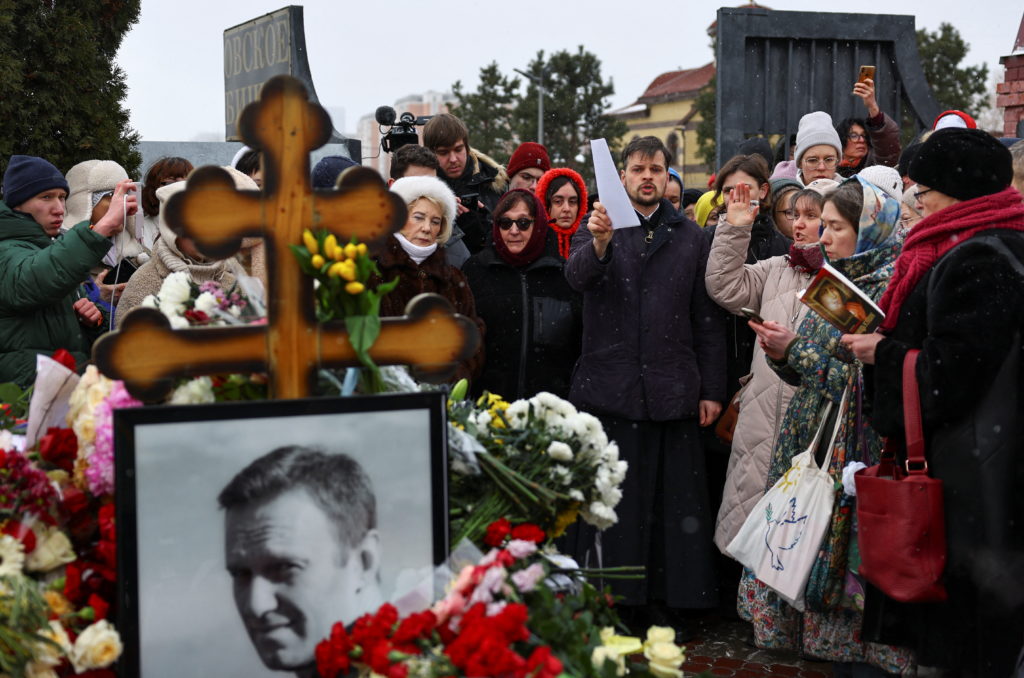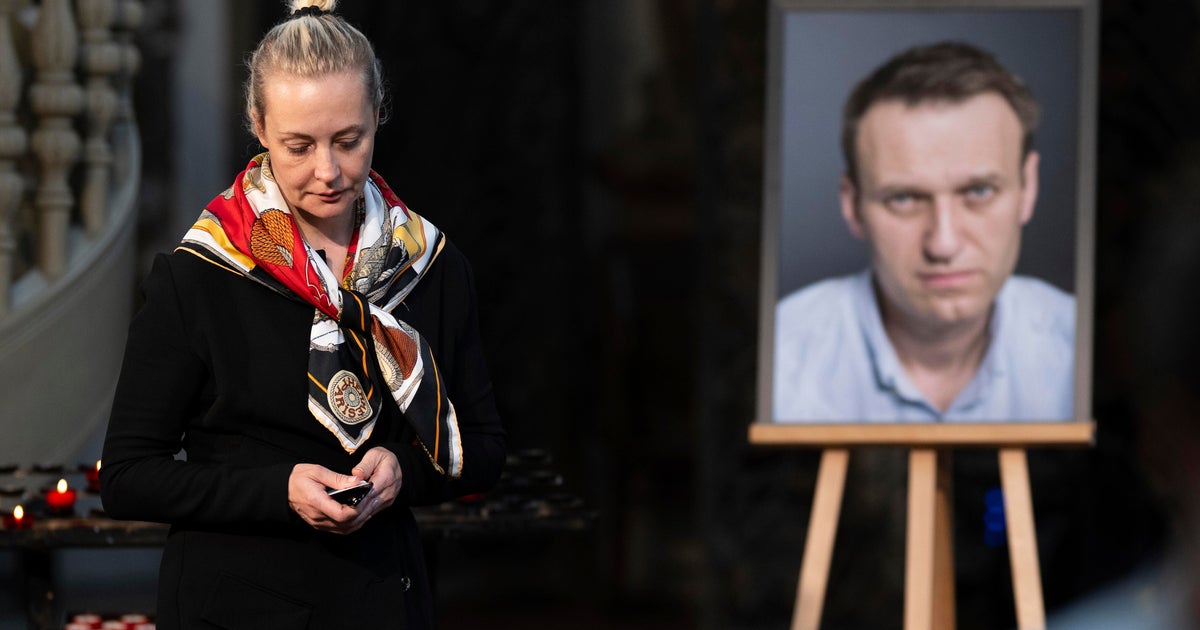Alexei Navalny's Death: New Evidence of Poisoning Emerges Amid Kremlin Denials
Alexei Navalny died in February 2024 in a Russian prison, with his widow claiming lab tests confirm he was poisoned, implicating the Kremlin.
Subscribe to unlock this story
We really don't like cutting you off, but you've reached your monthly limit. At just $5/month, subscriptions are how we keep this project going. Start your free 7-day trial today!
Get StartedHave an account? Sign in
Overview
- Alexei Navalny, a prominent critic of President Putin, died in February 2024 while serving a 19-year sentence in an Arctic penal colony.
- His widow, Yulia Navalnaya, claims lab tests from multiple independent laboratories confirm he was poisoned shortly before his death.
- Navalnaya disputes Russian officials' claims of natural causes, presenting evidence including a stained prison cell and lack of video footage.
- Despite the evidence, Russian officials and the Kremlin deny any involvement in Navalny's poisoning and death.
- Navalny had previously survived an assassination attempt, returning to Russia only to be arrested and later poisoned in prison.
Report issue

Read both sides in 5 minutes each day
Analysis
Center-leaning sources frame the story by foregrounding Yulia Navalnaya's claims of her husband Alexei Navalny's poisoning, citing alleged lab tests. They consistently portray Navalny as a "fiercest foe" of Putin and highlight his previous poisoning, creating a narrative of state-sponsored targeting. Russian denials are noted but often juxtaposed with Navalnaya's counter-arguments, reinforcing her perspective.
Articles (11)
Center (3)
FAQ
Official documents and lab tests from multiple independent laboratories have confirmed symptoms consistent with poisoning, including sharp abdominal pain, vomiting, and seizures, which are unlikely to be caused by the official cause of death, a heart rhythm disorder. Additional evidence includes the delay in releasing Navalny's body and refusal for independent examination of biological samples, along with a stained prison cell and missing video footage reported by his widow.
Medical experts consider the possibility of exposure to an organophosphorus agent, similar to the Novichok class of substances, with indications that it may have been applied internally rather than topically.
Russian officials and the Kremlin deny any involvement in Navalny's poisoning and death, maintaining that the official cause was natural, specifically a heart rhythm disorder.
Alexei Navalny had previously survived an assassination attempt before his final imprisonment, indicating a history of targeted attacks against him.
Navalny's widow disputes the official cause of death because lab tests from independent laboratories confirm poisoning, and she presents additional evidence such as the stained prison cell and the lack of video footage, which contradict the claim that Navalny died of natural causes.
History
- 2M

 6 articles
6 articles









